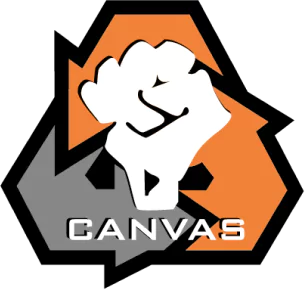Jul 1, 2019-2019
Algeria
Amazigh Flag
Share
ACTIVISTS/ACT.GROUPS/DESCRIPTION OF THE GROUP
Popular Opposition; Amazigh Opposition
TARGET
Bouteflika's Government
WIDELY HELD BELIEF
People are entitled to freedom of expression.
CASE NARRATIVE
Issue and Opposition: As the oldest inhabitants of North Africa, the Amazighs occupy a large swath of land covering five million square kilometers that stretches from the Egyptian-Libyan border to the Atlantic Ocean and from the Mediterranean coasts to Niger, Mali, and Burkina Faso. This expanse of land is referenced as the Maghreb region and covers Algeria, Tunisia, Morocco, and Libya. Due to multiple foreign invasions, the Amazighs had to share their indigenous land with the Carthaginians, Ottomans, Romans, and Arabs. After the Islamic invasion of the Maghreb that overthrew the already weakened Byzantine Empire, the Muslim Caliphate was established in the region in 647 AD. However, the assimilation of the Amazighs into the Islamic religion, tradition, and culture began much later. Proud of their cultural and linguistic identities, the Amazighs struggled under the Islamic diktats, and tension between the Amazighs and the Arab communities persisted. In 1980, the Amazigh discontent at being culturally suppressed by the Arabs culminated in armed conflicts following the ban imposed on a conference of Mouloud Mammeri (Algerian linguist and poet who founded the Center of Amazigh Studies and Research) on ancient Kabyle poetic traditions and known as the Amazigh Spring. The movement attempted to revive and reestablish the Amazigh cultural identity through the Amazigh language- Tamazight. After Algeria earned its independence from France in 1962, the Amazighs started demanding cultural, social, economic, and political recognition. The Amazigh cultural identity rests on the three pillars of language (Tamazight), tribal democratic and patrilineal social structure, and the community’s inter-generational link to their land. In free Algeria, the community feared that much of their culture and history would be lost unless Tamazight was allowed to remain as one of the main Algerian languages. While the Algerian government eventually recognized the Amazigh culture by giving constitutional recognition of Tamazight as one of the state languages (along with Arabic) in 2016 (under Abdelazzis Bouteflika who was Algeria’s president from 1999 to 2019), almost no efforts were put into social, economic, or political reforms to benefit the Amazigh community. Amazigh militancy in Algeria’s Kabyle region emerged from the community’s unmet demands. In Algeria, the Amazighs (also known as Berbers and Imazighens) represent one-fourth of the Algerian population. When the state oppression of the indigenous population continued and the government announced that the paramilitary forces would not be withdrawn from the Kabyle region because of militant activities there, the Amazighs demonstrated against the president in the most peaceful and non-violent fashion. This dilemma action was one of many actions in their campaign against Bouteflika.
Dilemma Action: The Amazighs waved their flags at peaceful demonstrations as a mark of their protest against the anti-Amazigh government policies. Since its inauguration in Wadya, in Kabylia, in the Tizi Wezu province of Algeria, this flag symbolizing the Amazigh territory, desert, sea, and freedom for the indigenous population, has been repeatedly used by Amazigh protestors, cultural and political activists in Morocco, Algeria, Tunisia, Libya, Mauritania, Mali, Niger, Burkina Faso, Egypt, and the Canary Islands.
Outcome: The Algerian government dealt with the protesters aggressively. Arrests were made not only for waving the Amazigh flag in public rallies or mass gatherings but also for simply possessing it. While the dilemma action by itself did not bring Bouteflika’s government to its knees, it certainly added to the campaign against him and contributed to the success of the movement that ended Bouteflika’s political career in 2019.
PRIMARY STRUGGLE/GOAL
NONVIOLENT TACTICS USED
DA TACTICS USED
Displays of flags and symbolic colors
CASE NARRATIVE WRITER
SUCCESS METRICS
8 / 12
(EREP) Dilemma action got replicated by other movements
(MC) Media Coverage
(OR) Opponent response
(PS) Dilemma action built sympathy with the public
(PUN) Punishment favored the activists
(REFR) Dilemma action reframed the narrative of the opponent
(RF) Dilemma action reduced fear and/or apathy among the activists
(SA) Dilemma action appealed to a broad segment of the public
PART OF A LARGER CAMPAIGN
3 / 3
Activist group continued working together after the action
Encouraged more participants to join the movement
Internally replicated by the same movement
RESOURCES
Project documentation
Dilemma Actions Coding Guidebook
Case study documentation
Dilemma_Actions_Analysis_Dataset
SOURCES
Amnesty International. 2019. “Algeria wave of arrests of protesters carrying Amazigh flag,” Retrieved July 23, 2023. (https://www.amnesty.org/en/latest/news/2019/07/algeria-41-arrested-for-carrying-the-amazigh-flag-as-authorities-crack-down-on-freedom-of-expression/).
Bagnetto, L. A. 2019. “Berber flag controversy in Algerian courts continues,” RFI. Retrieved July 23, 2023. (https://www.rfi.fr/en/africa/20191113-flag-confusion-algerian-courts-condemns-or-acquits-same-charge).
Serrano, F. 2019. “After Bouteflika’s Ouster, Algeria’s Popular Uprising Faces a Much Bigger Test,” Retrieved July 23, 2023. (https://www.worldpoliticsreview.com/articles/28100/after-bouteflika-s-ouster-algeria-s-popular-uprising-faces-a-much-bigger-test).
Linge, T. V. [@ThomasVLinge]. 2019. “#Algeria Flag of Algeria: thousands of students are protesting in #Algiers against President #Bouteflika and his pursuit of a 5th term. #لا_للعهدة_الخامسة,” Twitter. Retrieved July 23, 2023. (https://twitter.com/ThomasVLinge/status/1102906289196273664?s=20).
Cochrane, L., & Hamouchene, H. 2019. “The uprising in Algeria–origins, current situation and future,” Retrieved July 23, 2023. (https://ojs.library.carleton.ca/index.php/nokoko/article/view/2524).
Related cases
Aug 5, 2005-2005
United States of America
Cindy Sheehan is from Vacaville, California. Her son Casey Sheehan was killed in Baghdad’s Sadr City on April 4, 2004. Shortly after her son died in Iraq, Sheehan co-f...
/
Feb 1, 2014-2014
Ukraine
In November 2013, thousands of people, mainly students, gathered in Kyiv, Ukraine, to protest against then-President Viktor Yanukovich‘s decision to withdraw from a po...
/
Jul 27, 1988-1988
Panama
Resentment grew regarding the militaristic domination of the political system by defacto ruler Manuel Noriega. Noriega’s chief of staff, Colonel Roberto Díaz Her...
/
Subscribe to our newsletters to get full access to all materials on our website.

